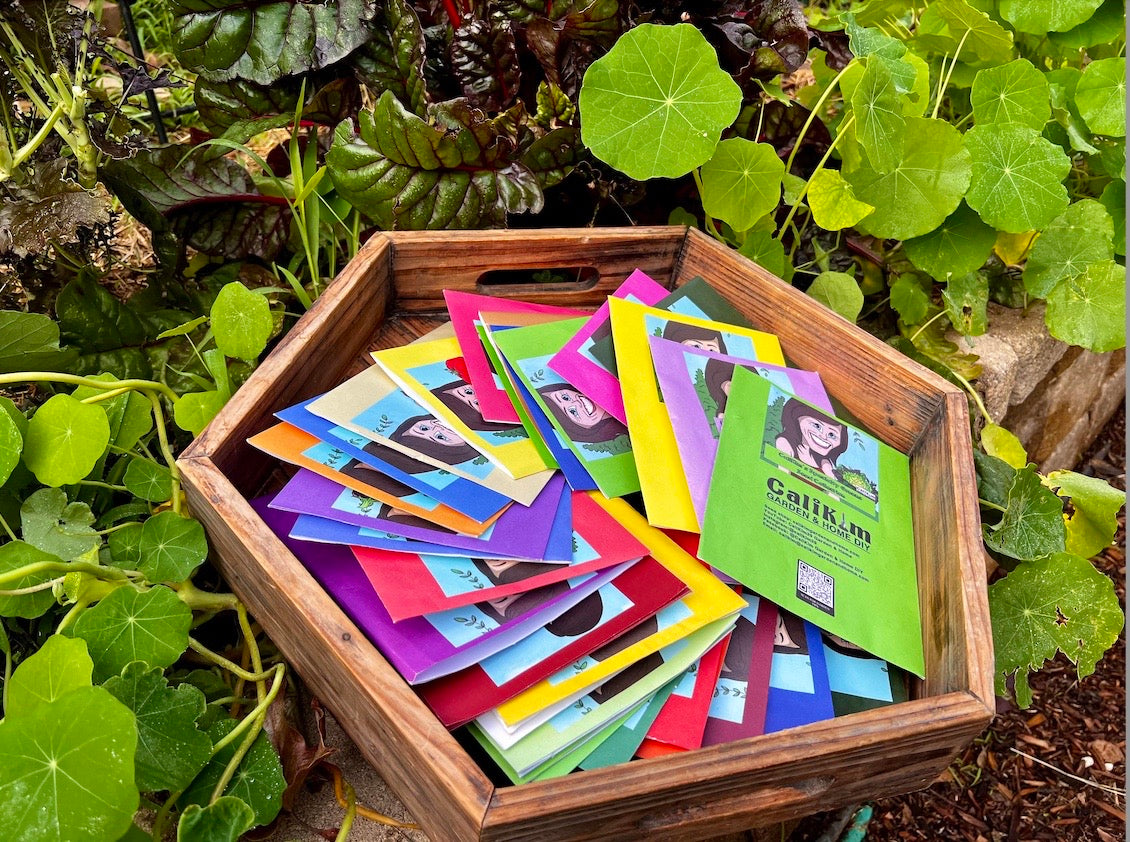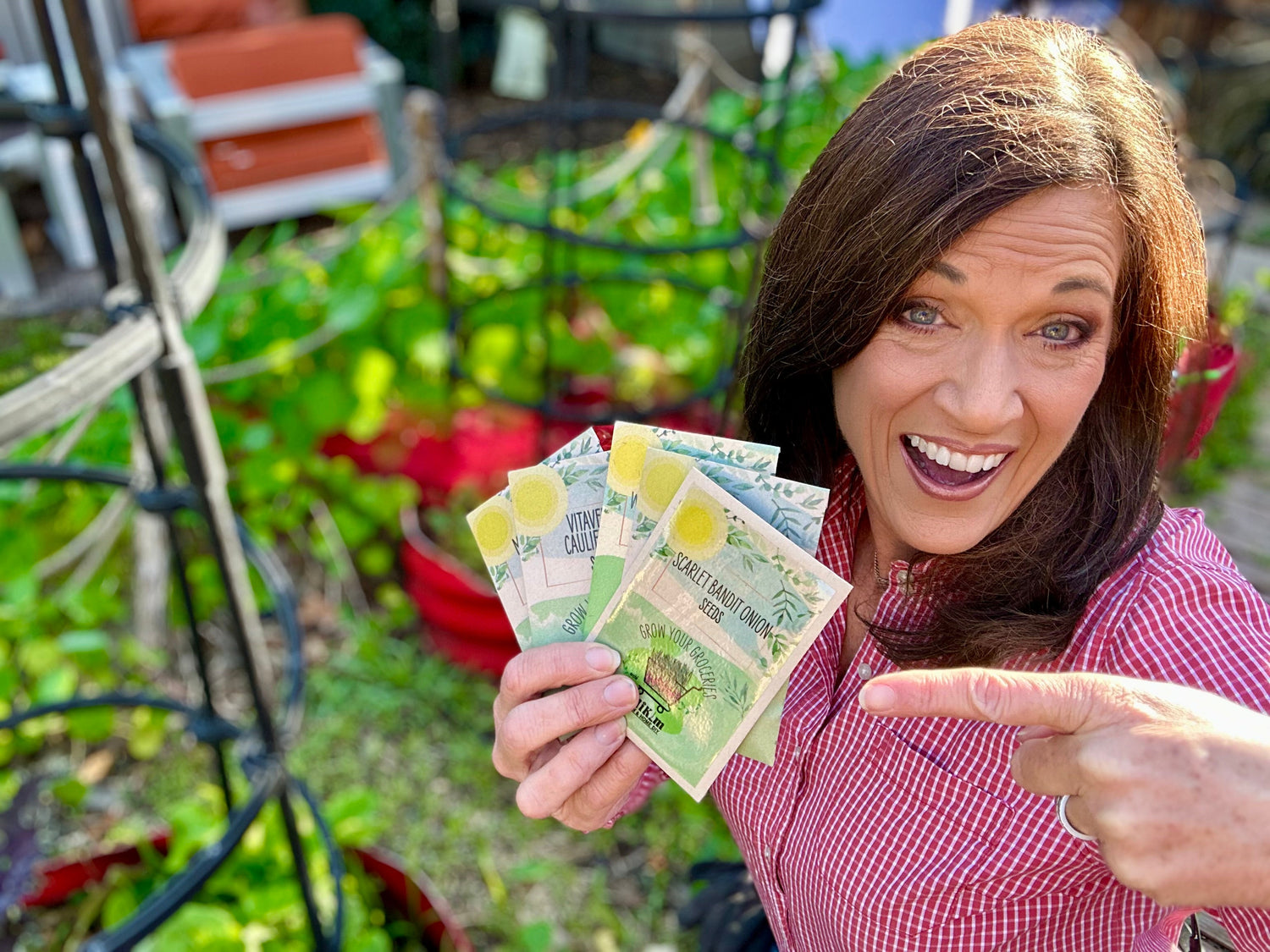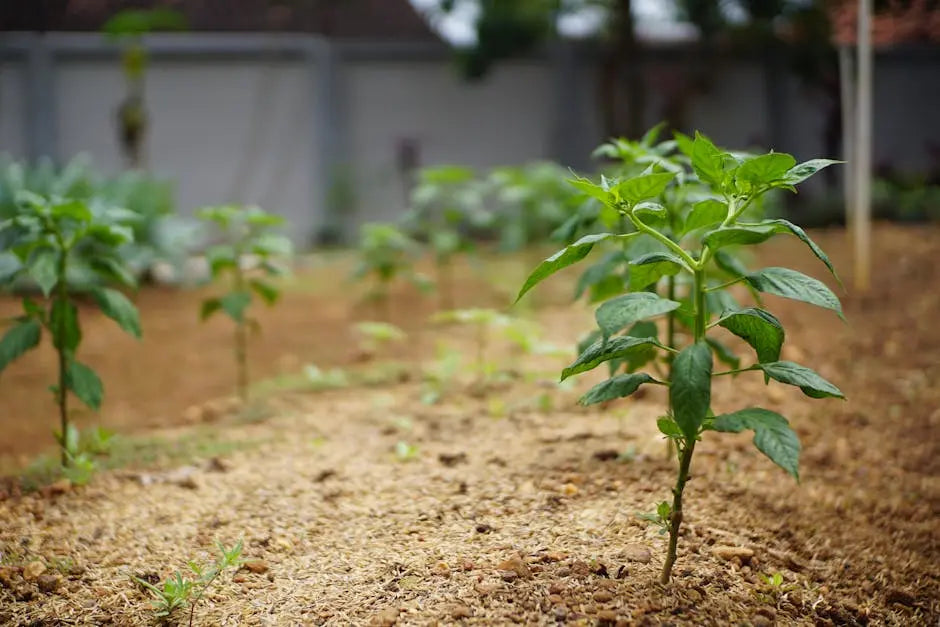
Exploring the Benefits of Organic Gardening Seeds
When it comes to gardening, starting with the right seeds can make all the difference. Organic gardening seeds have gained popularity due to their numerous benefits. These seeds are free from harmful chemicals and pesticides, making them a safer choice for both the environment and your family. By using organic gardening seeds, you are not only promoting a healthier lifestyle but also supporting sustainable practices in agriculture. The beauty of organic seeds lies in their ability to grow into vibrant plants that nourish both the body and the soul.
One of the key advantages of organic gardening seeds is their resilience in the face of environmental challenges. These seeds are specifically bred to adapt and thrive in diverse conditions, making them more robust against pests and diseases. Additionally, organic seeds promote biodiversity by preserving the natural traits of plants, ensuring genetic variety and long-term sustainability. By choosing organic gardening seeds, you contribute to the preservation of heirloom varieties and help protect the genetic integrity of plant species for future generations to enjoy.
Furthermore, organic gardening seeds support the health of the soil and surrounding ecosystem. Unlike conventional seeds that strip the soil of nutrients, organic seeds work in harmony with the environment, enriching the soil and promoting microorganism diversity. This holistic approach fosters a balanced ecosystem where plants can flourish naturally without the need for synthetic fertilizers or pesticides. By nurturing the soil with organic gardening seeds, you create a harmonious cycle of growth that benefits the entire garden ecosystem.
Choosing the Right Organic Gardening Seeds for Your Planting Needs
Selecting the perfect organic gardening seeds for your planting endeavors requires a combination of knowledge and intuition. Start by considering the climate and soil conditions in your area to determine which seeds are best suited for your garden. Different plants have varying preferences for sunlight, water, and soil type, so it’s essential to match the seeds to the specific needs of your space. Whether you’re aiming to grow colorful flowers or bountiful vegetables, there are organic seeds available for every gardener’s dream harvest.
When browsing for organic gardening seeds, pay attention to the seed descriptions and labels. Look for seeds that are certified organic by reputable organizations to ensure their quality and authenticity. Additionally, consider the growth habits of the plants you wish to cultivate, whether they are annuals, perennials, or biennials. Understanding the life cycle of your chosen plants will help you plan your garden layout effectively and anticipate how they will evolve throughout the seasons.
Moreover, don’t hesitate to experiment with new varieties of organic gardening seeds to expand your gardening horizons. Trying different types of seeds can lead to exciting discoveries and unexpected delights in your garden. Embrace the diversity of organic seeds available, from heritage varieties to unique hybrids, and let your garden become a canvas of biodiversity and beauty. By exploring the vast selection of organic gardening seeds, you open the door to a world of possibilities and growth in your green sanctuary.
In addition to researching the characteristics of organic seeds, it’s crucial to source them from reliable suppliers who uphold ethical and sustainable practices. Supporting local seed producers or organic seed companies not only ensures the freshness and authenticity of the seeds but also strengthens the community of eco-conscious gardeners. By establishing a partnership with trusted seed providers, you contribute to the promotion of organic farming and the preservation of seed diversity, safeguarding the future of sustainable agriculture.
Understanding the Importance of Soil in Growing Plants from Organic Gardening Seeds
Soil serves as the foundation for healthy plant growth, playing a crucial role in the success of your organic gardening endeavors. When cultivating plants from organic gardening seeds, it’s essential to prioritize soil health and fertility to ensure optimal harvests. Organic seeds interact with the soil ecosystem in intricate ways, relying on its nutrients and structure to develop strong roots and robust stems. By nurturing the soil through composting, mulching, and organic amendments, you create a nurturing environment where plants can thrive and reach their full potential.
In organic gardening, the concept of ‘feed the soil, not the plants’ underscores the significance of maintaining a nutrient-rich soil profile to support plant growth naturally. Avoiding synthetic chemicals and opting for organic fertilizers and soil amendments contributes to the long-term viability of the soil and minimizes the risk of harmful runoff into water sources. By adopting sustainable soil practices in conjunction with organic gardening seeds, you establish a symbiotic relationship with the earth, promoting ecological balance and sustainability in your garden.
Furthermore, soil testing plays a vital role in understanding the specific needs of your garden soil and guiding your organic gardening approach. By analyzing the pH levels, nutrient content, and overall health of the soil, you can tailor your planting and amendment strategies to create an optimal growing environment for your organic seeds. Soil testing empowers you to make informed decisions about the types of seeds to plant, the necessary fertilization methods, and the adjustments needed to achieve vibrant plant growth in your organic garden.
Nurturing Seedlings from Organic Gardening Seeds to Ensure Healthy Growth
As your organic gardening seeds begin to sprout and unfold into seedlings, it’s essential to provide them with the care and attention they need to thrive. Seedlings are delicate and require gentle handling to prevent damage to their tender stems and leaves. Ensure they receive adequate sunlight, water, and ventilation to promote steady growth and prevent issues like damping off or legginess. By creating a nurturing environment for your seedlings, you set the stage for strong and healthy plants in your garden.
Transplanting seedlings from trays to the garden bed requires precision and timing to minimize transplant shock and encourage seamless acclimatization. Gradually introduce the seedlings to outdoor conditions by hardening them off gradually, exposing them to sunlight and outdoor elements in controlled increments. This gradual transition prepares the seedlings for the challenges of the garden environment, ensuring they establish strong root systems and adapt successfully to their new surroundings.
Moreover, paying attention to the watering and feeding regimen of your seedlings is essential for fostering healthy growth and preventing nutrient deficiencies. Maintain consistent moisture levels in the soil, avoiding overwatering or underwatering, which can stress the seedlings and impede their development. Additionally, feed the seedlings with organic, balanced fertilizers to provide them with essential nutrients for vigorous growth and vibrant foliage. By nurturing your seedlings with care and diligence, you pave the way for a flourishing garden teeming with life.
Implementing Sustainable Practices in Organic Gardening Seed Cultivation
In the realm of organic gardening, sustainability serves as a guiding principle for cultivating plants in harmony with nature. By adopting sustainable practices in your organic gardening seed cultivation, you contribute to the preservation of the environment and the well-being of future generations. Implementing techniques such as crop rotation, companion planting, and natural pest control methods reduces the reliance on synthetic inputs and fosters a self-sustaining ecosystem within your garden.
Composting kitchen scraps, yard waste, and plant residues enriches the soil with organic matter, enhancing its fertility and structure while reducing waste sent to landfills. The nutrient-rich compost acts as a natural fertilizer, replenishing the soil with essential nutrients and promoting microbial activity that benefits plant health. Embracing composting as part of your organic gardening routine exemplifies the circular nature of sustainability, where waste is transformed into valuable resources for the garden.
Furthermore, integrating pollinator-friendly practices in your organic gardening endeavors supports biodiversity and enhances the productivity of your garden. By planting a diverse array of flowering plants that attract pollinators like bees and butterflies, you create a pollinator-friendly habitat that boosts crop yields and fosters ecological balance. The presence of pollinators ensures the successful pollination of your plants, leading to abundant harvests and the sustainability of your organic garden for years to come.
In conclusion, organic gardening seeds offer a multitude of benefits for both gardeners and the environment, providing a sustainable and health-conscious approach to plant cultivation. By exploring the advantages of organic seeds, selecting the right varieties, prioritizing soil health, nurturing seedlings, and implementing sustainable practices, you can cultivate a thriving garden filled with vibrant, nutrient-rich plants. Embrace the beauty of organic gardening seeds and witness the bountiful rewards they bring to your green sanctuary.





